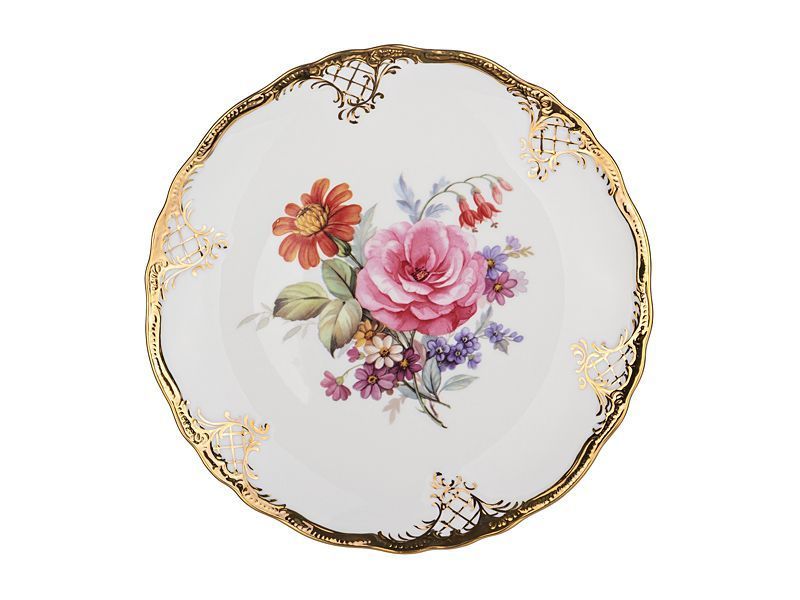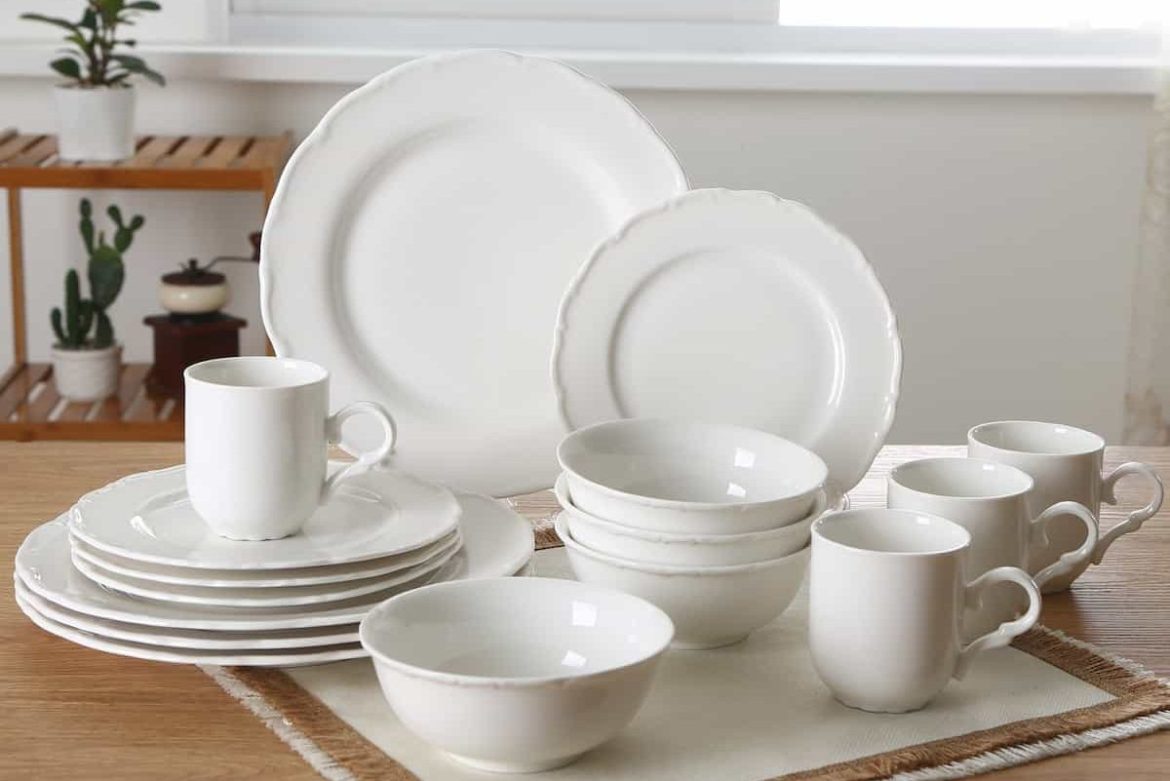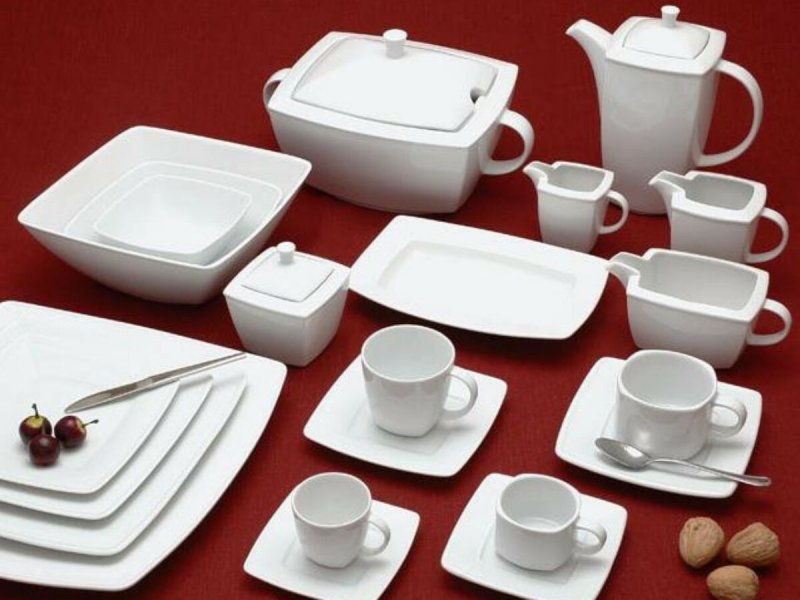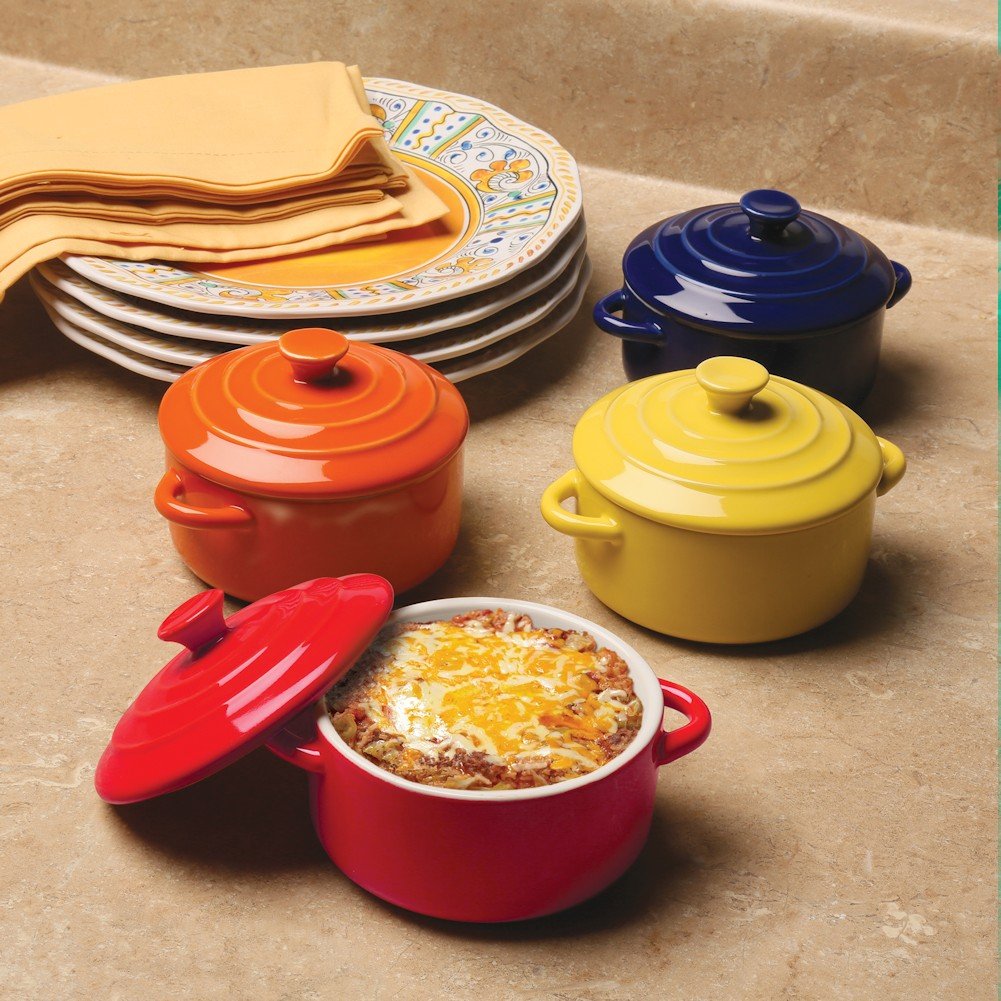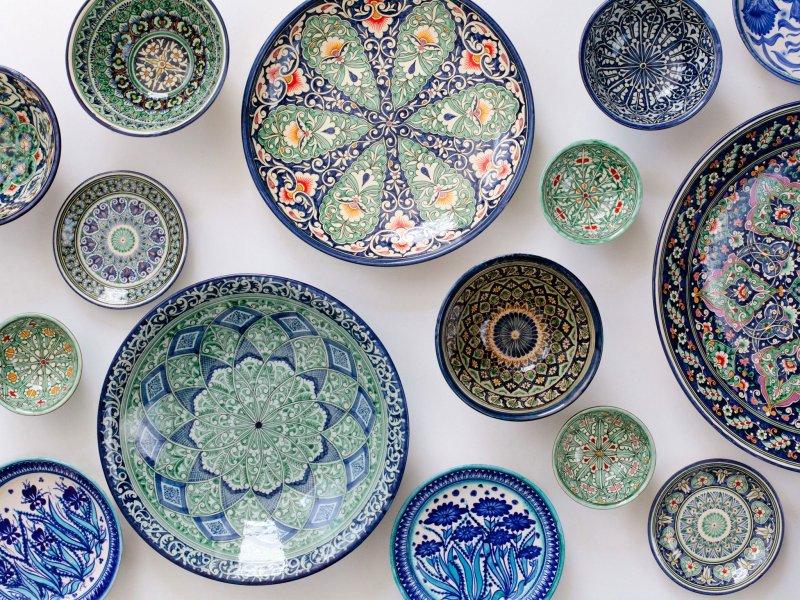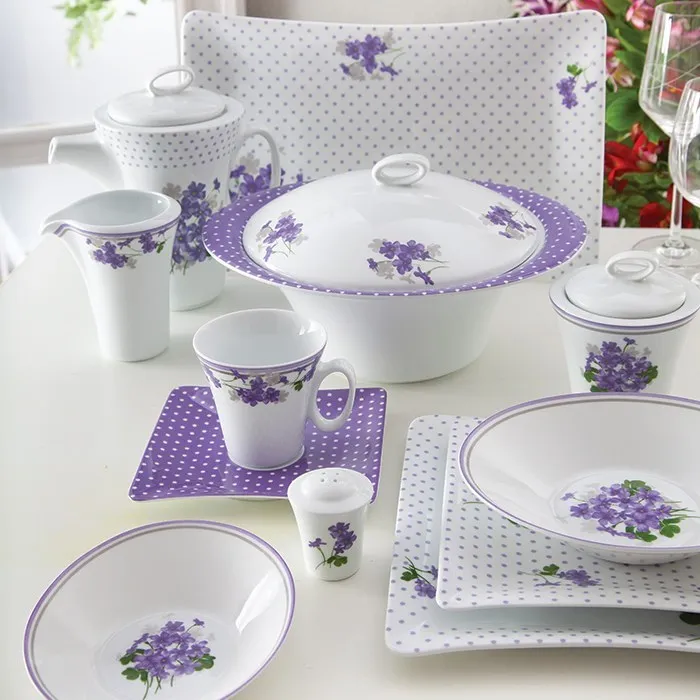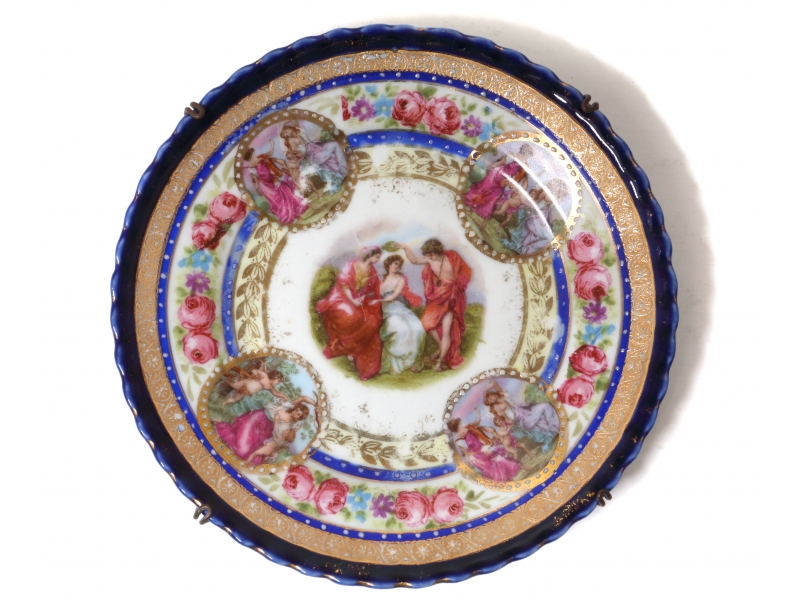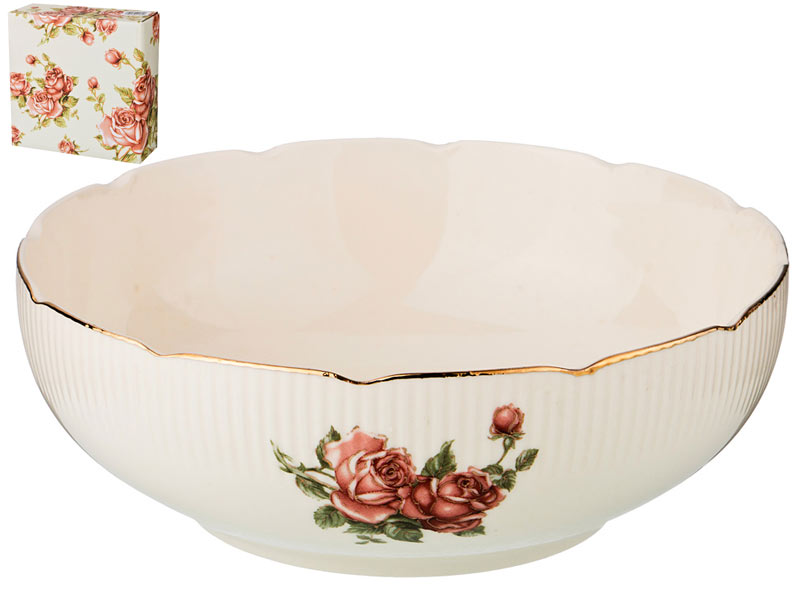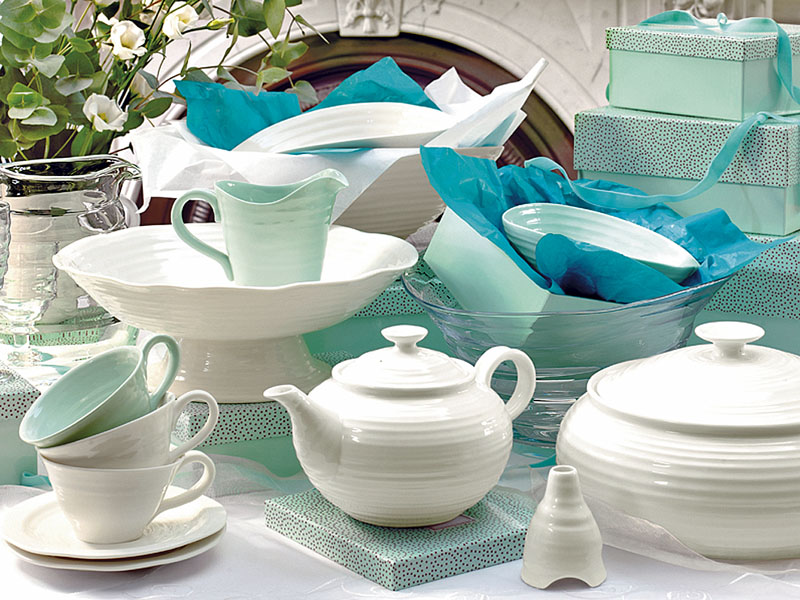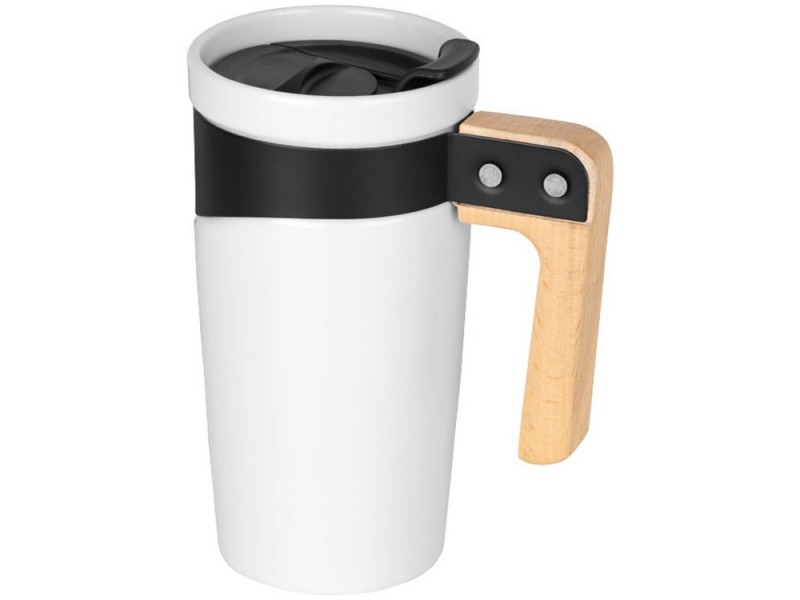When it comes to choosing dinnerware, the selection between glass and porcelain can be quite challenging. Both materials have their unique set of advantages and disadvantages that need to be considered. In this summary, we will compare glass and porcelain dinnerware based on various factors such as durability, aesthetics, heat resistance, versatility, and eco-friendliness.
Durability:
Porcelain dinnerware is known for its durability and strength. It is fired at extremely high temperatures, making it resistant to scratches, chipping, and cracking. Glassware, on the other hand, is relatively more fragile and prone to breakage. While tempered and reinforced glass options exist, they may still not match the durability of porcelain.
Aesthetics:
Porcelain dinnerware is often favored for its elegant and refined appearance. It is available in a wide range of designs, patterns, and colors. Porcelain pieces can be intricately decorated with hand-painted designs or delicate prints. Glassware, on the other hand, has a more modern and contemporary look. It has a translucent quality that can add a touch of sophistication to any dining table.
Heat Resistance:
Porcelain dinnerware is excellent at retaining heat and keeping food warm for longer periods. It can withstand high temperatures and is safe to use in ovens, microwaves, and dishwashers. Glass dinnerware has good heat resistance, but extreme temperature changes can cause it to shatter. It is best to avoid placing glassware directly from the fridge into a hot oven or vice versa.
Versatility:
Porcelain dinnerware is highly versatile and can be used for both casual and formal dining occasions. It is suitable for everyday meals as well as special events. Porcelain can be easily matched with other tableware and decorative elements to create a cohesive and stylish look. Glassware, on the other hand, is often associated with more casual dining settings but can also be used for formal gatherings depending on the style and design.
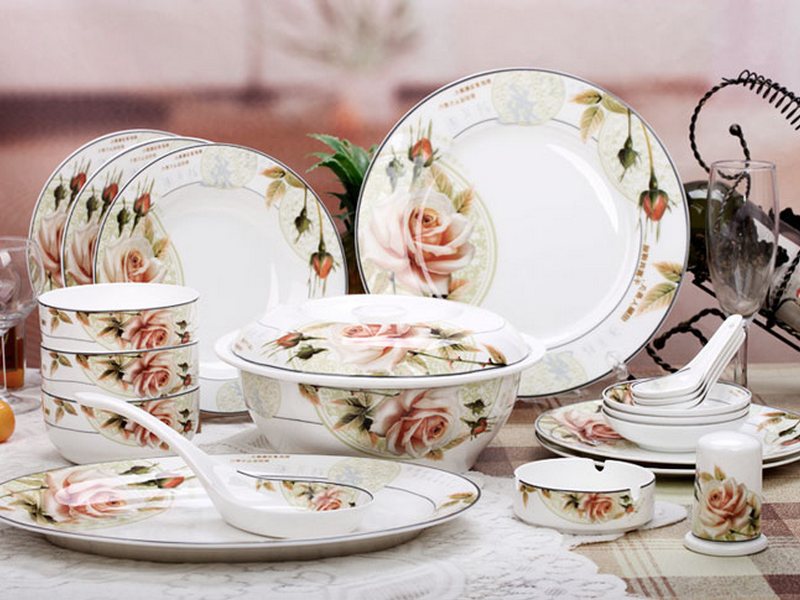
Eco-friendliness:
Both glass and porcelain dinnerware have eco-friendly aspects. Glass is made from naturally abundant materials such as sand, soda ash, and limestone. It is also recyclable, making it an environmentally friendly choice. Porcelain is made from clay and minerals and is not as easily recyclable. However, porcelain dinnerware is known for its longevity, which reduces the need for frequent replacement and waste.
Price:
In terms of pricing, glass dinnerware tends to be more affordable compared to porcelain. Porcelain dinnerware is often considered more luxurious and is priced accordingly. However, there are variations in pricing depending on the brand, design, and quality of the dinnerware.
Maintenance:
Both glass and porcelain dinnerware are relatively easy to maintain and clean. Porcelain is dishwasher safe and can be easily cleaned with regular dishwashing detergent. Glassware is also dishwasher safe but may require extra care to avoid scratching. Both materials can be hand washed as well.
Conclusion:
In conclusion, the choice between glass and porcelain dinnerware ultimately depends on personal preferences and specific needs. Porcelain dinnerware offers durability, elegance, and heat resistance, making it suitable for formal occasions. Glassware, on the other hand, provides a modern and contemporary look and is more cost-effective. Consider factors such as style, durability, heat resistance, and eco-friendliness when making a decision.Title: Glass vs Porcelain Dinnerware: Choosing the Perfect Table Setting
Introduction:
When it comes to setting the table, choosing the right dinnerware can make all the difference in enhancing your dining experience. Two popular options that often come into consideration are glass and porcelain dinnerware. In this article, we will delve deeper into the characteristics and factors to consider when choosing between these two materials for your business.
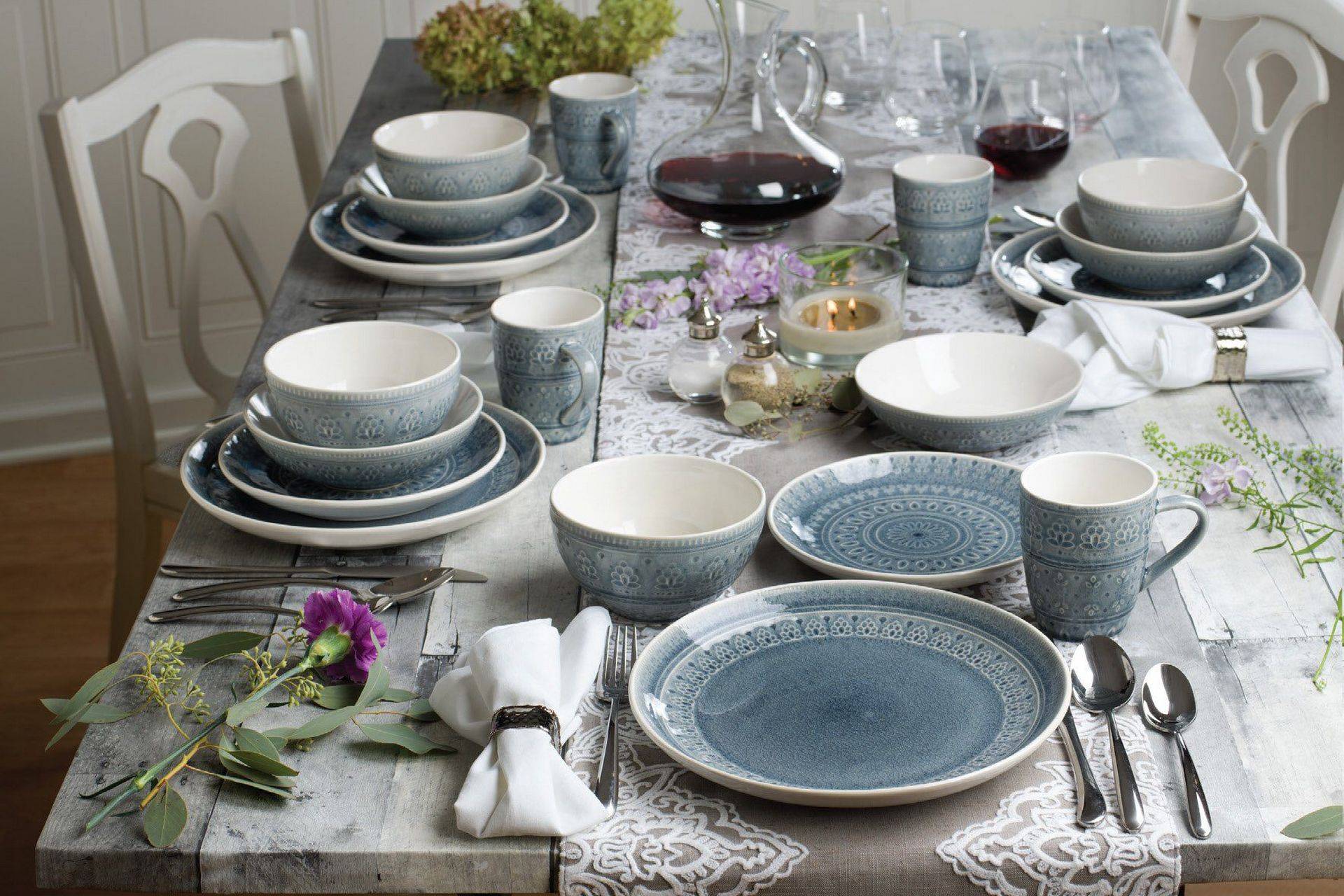
1. Durability:
One of the primary considerations when selecting dinnerware for a business is its durability. Porcelain dinnerware is known for its strength, making it resistant to scratches, chipping, and cracking. This quality is crucial for businesses that require long-lasting and durable tableware, such as restaurants, cafés, or catering companies. Glassware, on the other hand, can be more fragile and prone to breakage, requiring more careful handling and storage.
2. Aesthetics and Branding:
The appearance of your dinnerware can greatly impact the overall dining experience and brand identity of your business. Porcelain dinnerware is often favored for its elegant and refined appearance, making it a popular choice for formal dining settings. It comes in a wide array of designs, patterns, and colors, providing ample options to match your business theme and brand image. Glass dinnerware, with its modern and contemporary look, can lend a touch of sophistication to any dining table. However, it may not be as versatile when it comes to creating a cohesive brand image.
3. Heat Resistance and Versatility:
Another essential factor for business owners is the heat resistance and versatility of dinnerware. Porcelain excels in its ability to retain heat, keeping food warm for longer periods. It is also safe to use in ovens, microwaves, and dishwashers, ensuring convenience and efficiency in a busy kitchen. Glass dinnerware has good heat resistance but is more susceptible to extreme temperature changes, which can cause it to shatter. This consideration is crucial for businesses that require warm food presentations, such as buffet setups or catering services.
4. Functionality and Ease of Use:
In a business setting, time and efficiency are of utmost importance. Porcelain dinnerware, with its durability and compatibility with various kitchen appliances, makes it a convenient choice. Its easy maintenance and dishwasher-safe properties simplify cleanup, allowing for faster turnaround times between services. Glassware is also dishwasher safe, but extra care must be taken to avoid scratching, which can be time-consuming and impractical for high-volume operations.
5. Eco-Friendliness:
As sustainability becomes a critical consideration in business practices, the eco-friendliness of dinnerware should not be overlooked. Glassware is made from naturally abundant materials, such as sand and limestone, and is fully recyclable, making it an eco-friendly choice. Porcelain, on the other hand, is made from clay and minerals, and while it is not as easily recyclable, it has the advantage of longevity. Its durability and reduced need for replacement contribute to waste reduction in the long run.
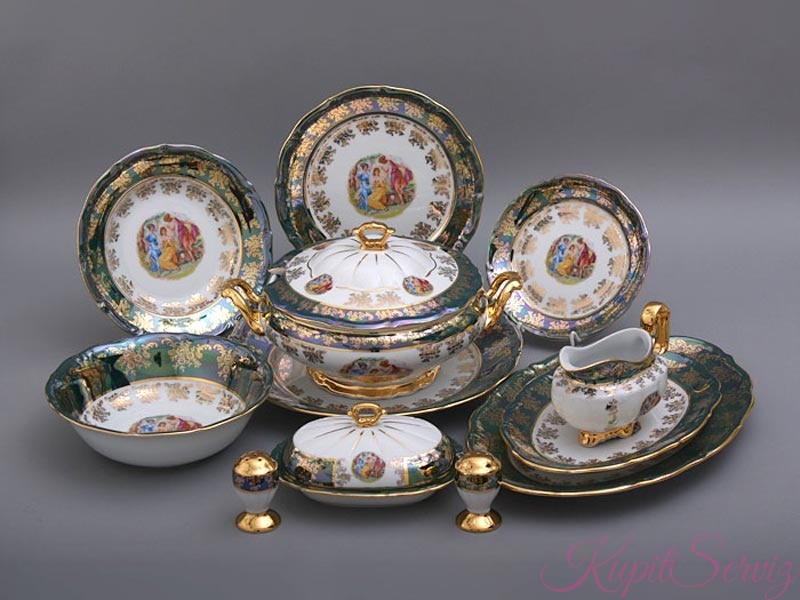
6. Cost Considerations:
Affordability is a crucial factor for many businesses when choosing dinnerware. Glass dinnerware tends to be more cost-effective compared to porcelain, making it a popular option for budget-conscious establishments. However, it is essential to consider the long-term value and durability of porcelain, as it may outweigh the initial investment in the case of businesses that require long-lasting tableware.
7. Customization and Personalization:
Branding and adding a personal touch to table settings can create a unique dining experience for guests and customers. Porcelain dinnerware provides ample opportunities for customization and personalization, offering various patterns, colors, and even the option for hand-painted designs. Glassware, while limited in terms of customization options, can be personalized through the choice of shape or design of the glass itself.
8. Market Perception and Customer Experience:
The type of dinnerware you choose can also affect the perception of your business and the experience your customers have. Porcelain dinnerware is often associated with elegance, fine dining, and attention to detail. This perception can elevate the overall dining experience, creating a sense of luxury for your clientele. Glassware, with its modern and trendy appeal, may cater to a younger and more casual customer base, depending on the style and design chosen.
9. Breakage and Replacements:
In a business where dinnerware is subjected to frequent use and handling, breakage and replacements can be costly and disruptive. Porcelain dinnerware’s durability and resistance to breakage make it a reliable choice for businesses looking to minimize replacements and associated expenses. Glassware, while more fragile, can still be cost-efficient if purchased in bulk with budget and replacements in mind.
10. Storage and Space Utilization:
The practicality of storing dinnerware is an important consideration for businesses with limited storage space. Porcelain dinnerware is typically stackable, saving valuable cabinet or shelf space. Glassware, depending on the design, may require more delicate handling and careful storage to prevent breakage, thus requiring additional space and storage considerations.
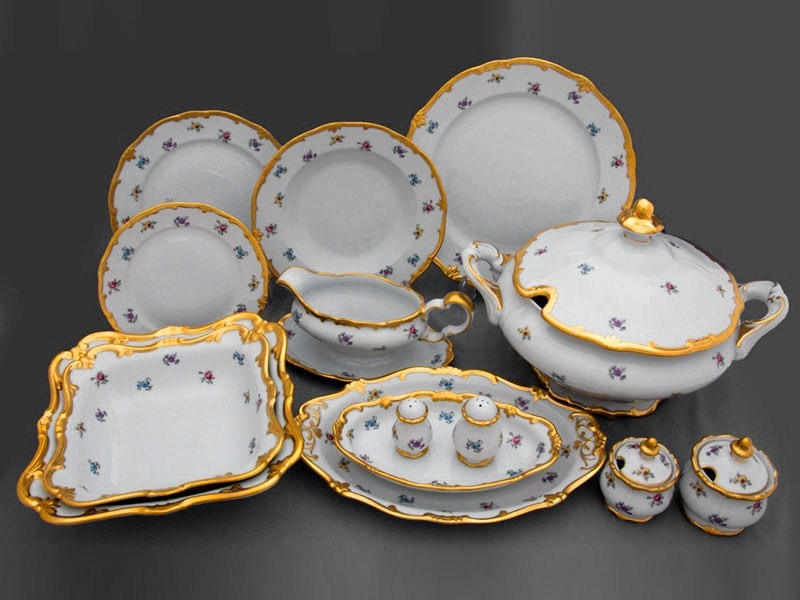
Conclusion:
Choosing between glass and porcelain dinnerware for your business requires careful consideration of factors such as durability, aesthetics, heat resistance, versatility, eco-friendliness, cost, and market perception. While porcelain stands out in terms of durability, elegance, and heat retention, glass offers a more contemporary appeal and budget-friendly options. Assessing your business’s unique needs and customer expectations will help you make an informed decision that aligns with your operational requirements, brand identity, and customer experience.
